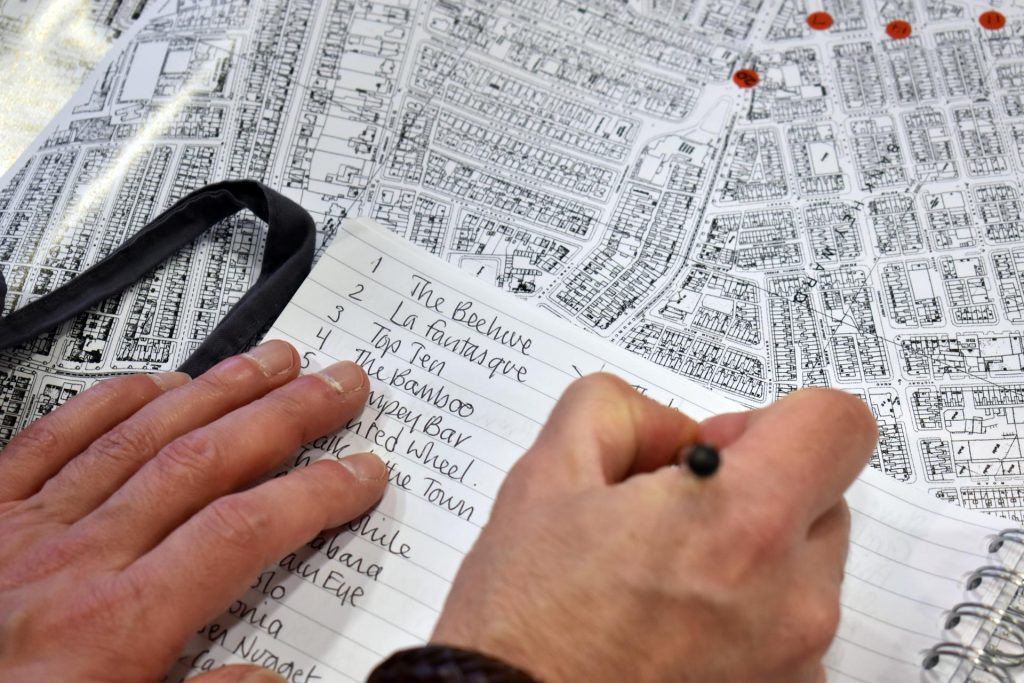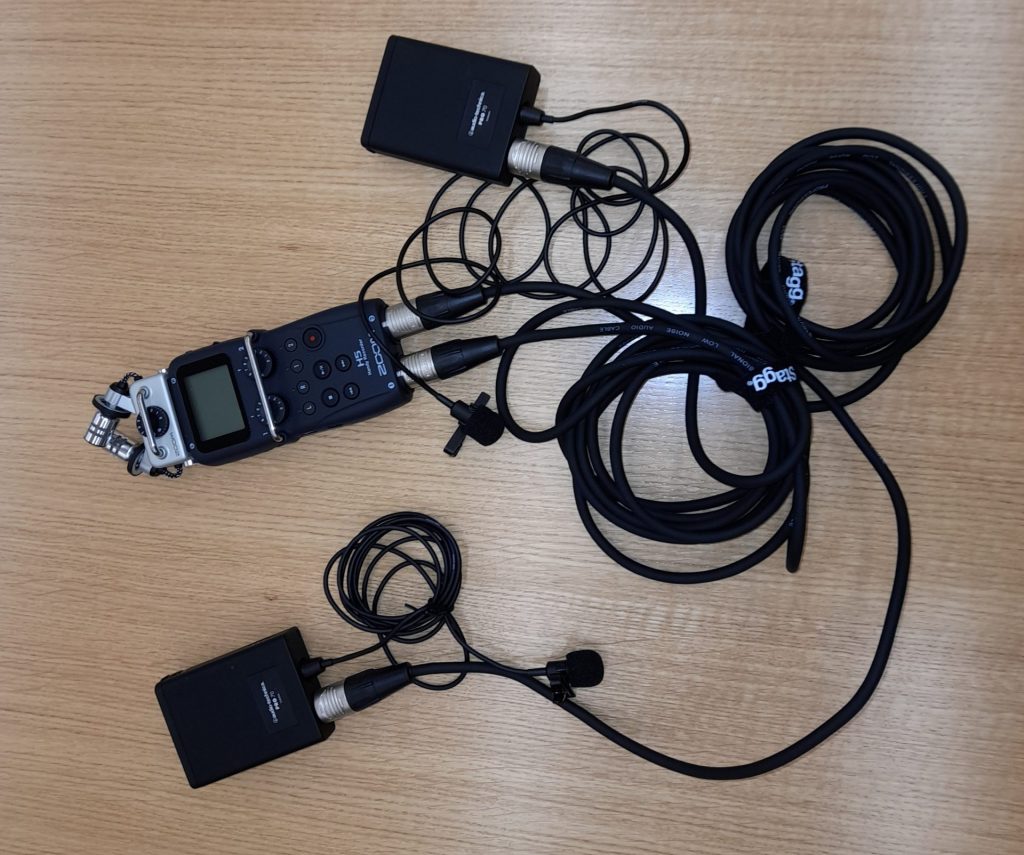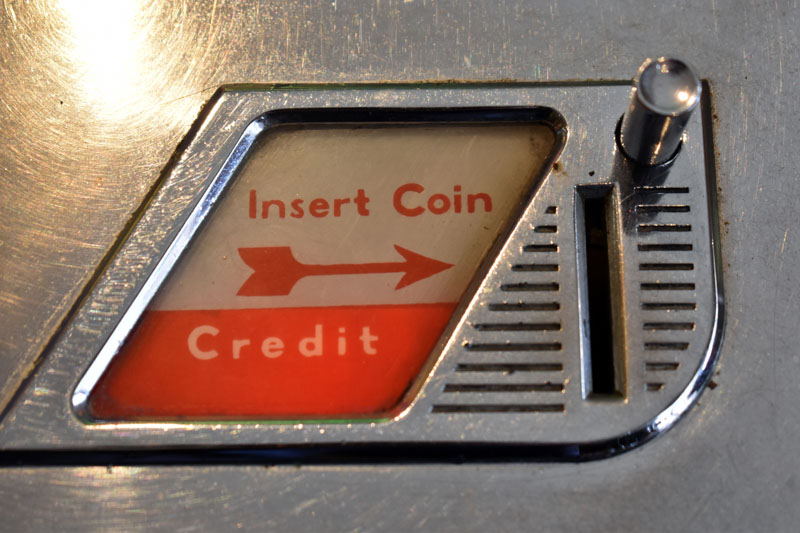This page goes through the processes we followed to collect the data during the project.
Background
The Jukebox project focused on the boom in youth culture which followed the introduction of the jukebox to the UK in the 1950s and 1960s.
The project featured an engagement project managed by Mirador Arts which featured talks and events as well as a commissioned artwork. The engagement project also collected information on coffee bars in Blackpool to record their location and create a map.
The engagement project was also informed by a oral history project managed by Lancaster University Library. A team of eight Lancaster University Students were employed to collect the memories of those who had experience the jukebox culture first hand. The project interviewed over 30 participants about their memories of the period and more contextual information about the development of the jukebox. As part of this work, the Project also collected donations of physical and digital materials from the participants to support the oral histories we collected.
The data and supporting documentation will also form the basis of the Jukebox project archive collection, which will be held by the Lancaster University Special Collections and Archives to be made accessible for future research by staff, students, and the public.
Coffee Bar Mapping

During the engagement project, Coffee Bar Mapping Sessions were held in Blackpool and Lytham St Annes to create a map of the coffee bars frequented by teenagers in Blackpool in the late 1950s and early 1960s.
Participants at the events were asked to contribute their memories of the the coffee bars they went to, many of which no longer exist. The information was put together to create a map of the location of the venues for future research purposes.
Oral History Project

The Project Team conducted interviews with people who experienced youth culture in Lytham St Annes, Blackpool, or Morecambe in the 1950s or were actively involved in manufacture of early jukeboxes. Eight Lancaster students were recruited to conduct and process the interviews. The research was conducted following guidance provided by the Oral History Society. The study was reviewed and approved by the Faculty of Arts and Social Sciences and Lancaster Management School’s Research Ethics Committee.
Participants were largely recruited at the engagement events associated with the project. Anyone interested in taking part were asked to read the participant information sheet and register an interest to take part in the project by signing a participation agreement.
Participants were contacted by the Project Team to arrange interviews at various locations in the local area. The interviews were largely conducted between June-September 2024. Most interviews were 45-60 minutes long.
After the interview, the participants completed a recording agreement where their wishes regarding the recording were recorded. Participants could withdraw from the Project up to six weeks after the completion of the interview.
After each interview was conducted, the recordings were assessed by the interviewers to check they contained any sensitive content which required the audio to be edited or required a content warning when they were made available. Issues flagged up by the interviewers were assessed by a member of the Project Team and action was taken when required. Information about additional edits and content warnings are added wherever the recordings have been made available. Interviewers also created content summaries for each interview which give an overview of the content of the interview. The content of these summaries is available with the interviews on this site.
During this work, we also accepted donations of materials which would supplement the research produced by the oral history project and would form part of the final archive collection. Potential donors were asked to read the Donation Information sheet before agreeing to donate materials to the project. The donation was documented during a project specific donation agreement.
After the recordings had been processed, it was decided to create transcripts of the interviews where possible. Initial transcripts were created using Microsoft Word transcription process. The transcripts were reviewed by members of the Project Team against the edited recordings. The transcripts will be made available on this site as they are completed.
Related Documentation
Jukebox Archive Collection
From the outset of the project, it was decided that the process and output of the project would be documented to create an archive collection to be held by the Special Collections and Archives at Lancaster University.
Information about the collection will be made available once it is available for research.

